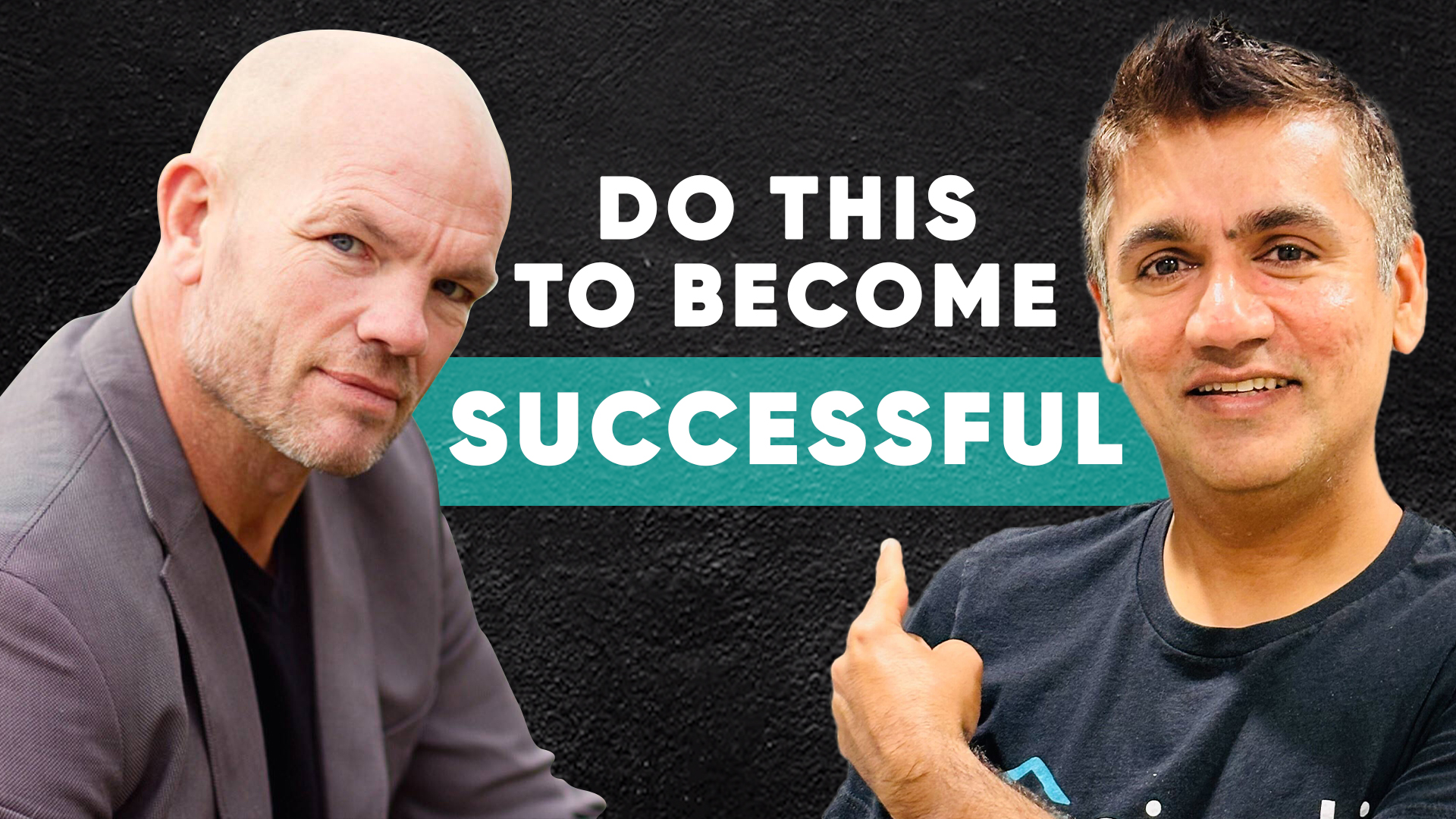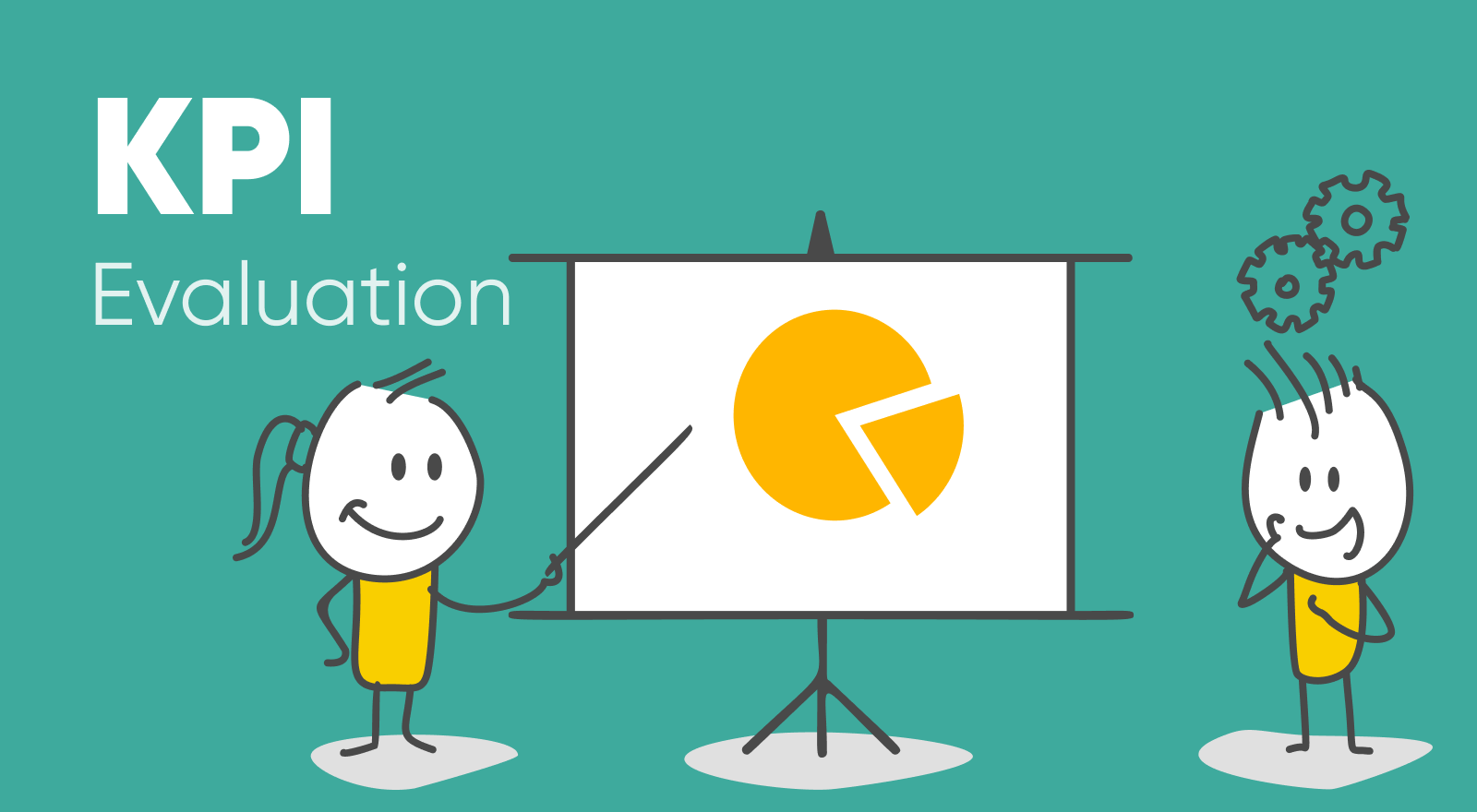In the realm of real estate, sometimes attitude defines success more than does the condition of the market. Expert real estate consultant and personal development coach Patrick Precourt points out the mental hurdles and behaviors that could either hinder or drive investors.
Many real estate problems begin with fear, usually resulting from uncertainty regarding outcomes. Fearful investors may get frozen and incapable of acting as required. Furthermore, one’s perspective is quite important; if an investor does not really feel they can reach it, their actions and choices would show uncertainty, therefore restricting their possibilities.
A great success depends primarily on consistency. It’s about consistently doing daily chores that are really vital in real estate, not about one-time spectacular success. Building confidence by action is the concept; small, reasonable objectives and their accomplishment generate momentum that could lead to more significant achievements.
Also very important is knowing the fundamental concept of objectives. It is about emotionally connecting with financial independence or more time, not just with aspirations for such things. This emotional link might be the gasoline required to go over obstacles and remain dedicated even when motivation runs low. A positive attitude relies on your honesty about the sacrifices you are ready to make and in your integrity to meet obligations.
Patrick also offers logical mental techniques for conquering challenges. Psychologically, for example, being ready and seeing challenging situations might help one to face them in real life much more easily. It’s about teaching the mind to regulate possible errors before they materialize, therefore lowering anxiety and increasing confidence.
Watch on YouTube:
Key Takeaways:
- Rewiring Mindset:
With over two decades of experience, Patrick dove into the power of mindset for success with electrifying insights! He revealed how fear and limiting belief systems can be the ultimate roadblocks to achieving goals. With his experience in health and fitness, Patrick showed how people often limit their own potential simply by doubting their abilities. The key to breakthrough? New evidence and real experiences to shake up those old beliefs! When Sharad asked how to rewire these beliefs, Patrick shared that while affirmations, reading, and masterminds help, they may not be enough for a true mindset shift in adults. (00:01:00) - Building Belief Step by Step:
Patrick emphasized the power of belief in achieving goals, sharing Joe’s story of weight loss and running a 5K. He explained that success comes from changing beliefs first, not just focusing on diet or exercise. By breaking goals into smaller, manageable steps, each victory builds confidence and momentum. This step-by-step approach helps rebuild self-trust and solidifies belief in reaching the goal. (00:06:32) - Master The Mundane:
The discussion highlighted how success stems from focusing on the process rather than fixating on the outcome. Belief in achieving goals grows when small changes become evident, leading to a mindset shift. Successful real estate investors and fitness enthusiasts achieve results by consistently executing daily tasks, like marketing or working out, without obsessing over the end goal. By concentrating on what they can control, the desired results naturally follow. (00:10:00) - Mastery Through Consistency:
Success comes from being patient with results but relentless in the process. By consistently performing simple, mundane tasks—like daily calls and follow-ups—investors and professionals gain an edge. Mastery, in real estate or martial arts, is achieved through repetition of the basics over time. (00:14:30) - Daily Wins for Long-Term Success:
The focus was on the importance of daily behaviors over fixating on the end goal. Success is seen as steady, forward progress, with small daily wins increasing the likelihood of future achievements. Tracking habits, like reading and listening to books, helps maintain consistency and leads to long-term success. (00:18:58) - Start Small, Act Now:
Setting clear, achievable goals and breaking them into manageable steps was emphasized. The focus was on aligning daily behaviors with these goals, starting small and gradually increasing efforts. Motivation should not be a prerequisite; action creates progress. (00:23:49) - Know Your ‘Why’:
The discussion centered on the challenges of real estate investing and the role of motivation. Understanding one’s ‘why’ and setting meaningful goals are key to success. Emotional energy and perseverance are crucial in overcoming obstacles and staying committed to the path. (00:29:25) - Meaning Fuels Success:
The conversation highlighted the power of meaning in driving success. Using the example of a father saving his daughter, Patrick illustrated how deep meaning fuels motivation and resilience in the face of challenges. Motivation, he noted, should be reserved for extraordinary moments, not relied on to get started. (00:33:05) - Commitment and Sacrifice:
The discussion emphasized the role of commitment and sacrifice in achieving goals. True commitment means following through, despite challenges, and making necessary sacrifices. If one isn’t willing to sacrifice, they may not genuinely want the goal, and it’s okay to acknowledge that. Self-awareness and resisting external influence are key. (00:36:48) - Grow Through Failure:
The discussion highlighted the importance of personal and professional growth through failure, with insights from Patrick’s upcoming book “Fail Forward.” They emphasized pushing beyond comfort zones to avoid stagnation and using mental strategies to overcome challenges. Both agreed that discipline and mental preparation are key to success. (00:42:48)



